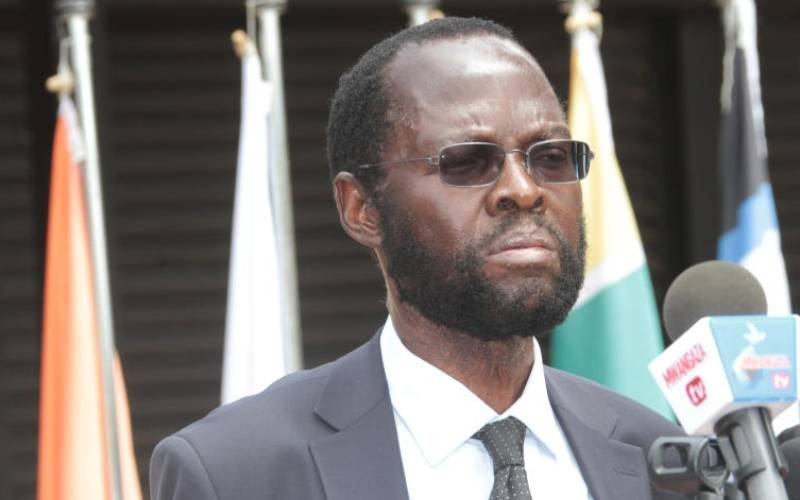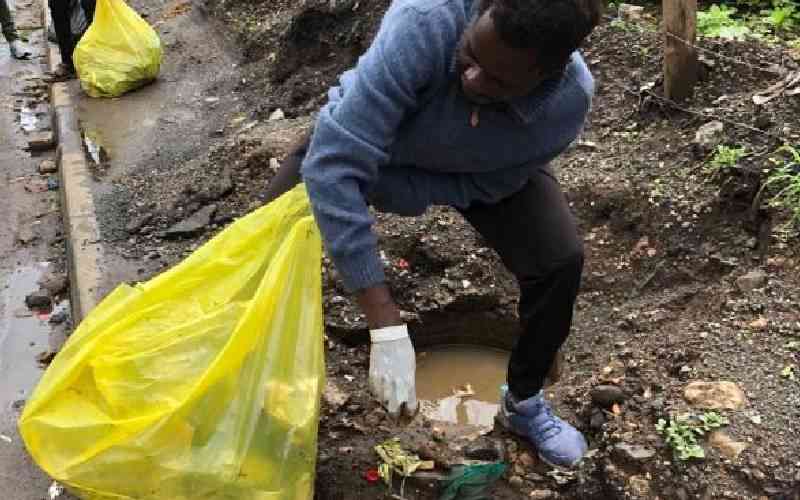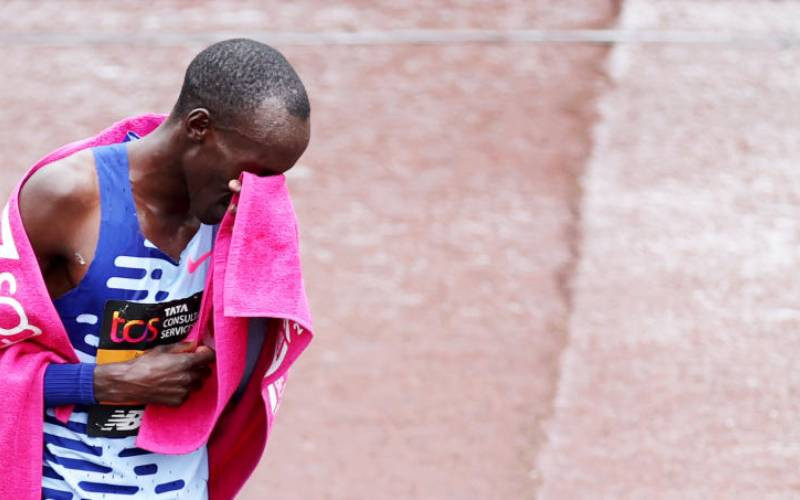Top UN officials have applauded Pope Francis's calls for environmental conservation.
United Nations Environment Programme Under-Secretary General and Executive Director Achim Steiner noted that the Pontiff's involvement in the subject had given the world a renewed sense of urgency to address global warning.
"Environmental conservation is a message the world needs to hear. As both a leader of faith and a leader in our global community, your voice reaches across many boundaries.
"You have spoken to the challenges of our time with compassion, clarity and empathy. You have shown unwavering commitment to confronting injustice, intolerance and inhumanity, and you have combined the force of science and knowledge with spiritual values and moral orientation," he commended the Pope's efforts in driving the climate change agenda.
Not forgetting the Pope's recent address at the UN General Assembly where he implored world leaders to act now on climate change, Mr Steiner applauded the Pope's shared vision of a world in which people and nature can live in harmony.
"That inspiration guides us in understanding our responsibility to each other and to our planet, which today provides for seven billion people, but must soon support nine billion," he disclosed.
Steiner acknowledged that the Pope's focus on environmental concerns comes just a few days before the Paris climate conference where nations will be expected to strike a deal on the matter.
"With the future of this planet hanging in the balance, you remind world leaders, business leaders and individual citizens that we each have not only that responsibility, but an obligation to act on what our conscience tells us to be right," he said.
He noted that this year, the Pope's powerful notion of the "globalisation of indifference", speaks to the heart of the practical and ethical challenges ahead: both to reach a climate change agreement in Paris and to deliver it within the much broader, holistic spectrum of sustainable development that must leave no one behind.
"This approach has embedded climate change into the global consciousness. Not just the science on harmful emissions and the wasteful practices that contribute to them, but the well-being of a healthy planet that includes justice, equality and solidarity with the most vulnerable in society—the very people who are often the least responsible for the problem, but the most affected by the consequences," he said.
Steiner admitted that though world leaders face some of the toughest decisions in a generation, presently, the agenda for sustainable development demands hard choices between the narratives of conflict and competition.
"This cannot just be about the narrow pursuit of economic growth; it must be about the value and the future of humanity living in harmony with nature and with each other," he said.
He reiterated that the UN has a unique role in focusing efforts on climate change and forging consensus to allow the world to act together.
UN Office at Nairobi Director General Sahle-Work Zewde recalled that at the UN General Assembly in September, the Pope set the tone to build a better world, which is more peaceful and healthy.
"We must confront climate change and this can only be achieved if all leaders unite in this front. We must embrace the environmental issues by protecting the natural habitat," she said.
Stay informed. Subscribe to our newsletter
She also conveyed UN Secretary General Ban Ki-moon's apologies for skipping the Pope's visit at the UN headquarters, affirming his intentions to be present.
"He wanted to be in Nairobi to welcome the Pope but due to the Conference of Parties (COP21) beginning in Paris next week, he could not be here, but sent his greeting," said Ms Zewde.
"Two months ago at the UN General Assembly, world leaders adopted the post-2015 Sustainable Development Goals. They must now live up to the world's expectation to preserve the environment for the future generation.
"Africa needs the UN much more than any other continent... with numerous challenges ranging from social injustice, poverty, inequality, terrorism, illiteracy and trans-national issues," she said.
 The Standard Group Plc is a
multi-media organization with investments in media platforms spanning newspaper
print operations, television, radio broadcasting, digital and online services. The
Standard Group is recognized as a leading multi-media house in Kenya with a key
influence in matters of national and international interest.
The Standard Group Plc is a
multi-media organization with investments in media platforms spanning newspaper
print operations, television, radio broadcasting, digital and online services. The
Standard Group is recognized as a leading multi-media house in Kenya with a key
influence in matters of national and international interest.
 The Standard Group Plc is a
multi-media organization with investments in media platforms spanning newspaper
print operations, television, radio broadcasting, digital and online services. The
Standard Group is recognized as a leading multi-media house in Kenya with a key
influence in matters of national and international interest.
The Standard Group Plc is a
multi-media organization with investments in media platforms spanning newspaper
print operations, television, radio broadcasting, digital and online services. The
Standard Group is recognized as a leading multi-media house in Kenya with a key
influence in matters of national and international interest.








